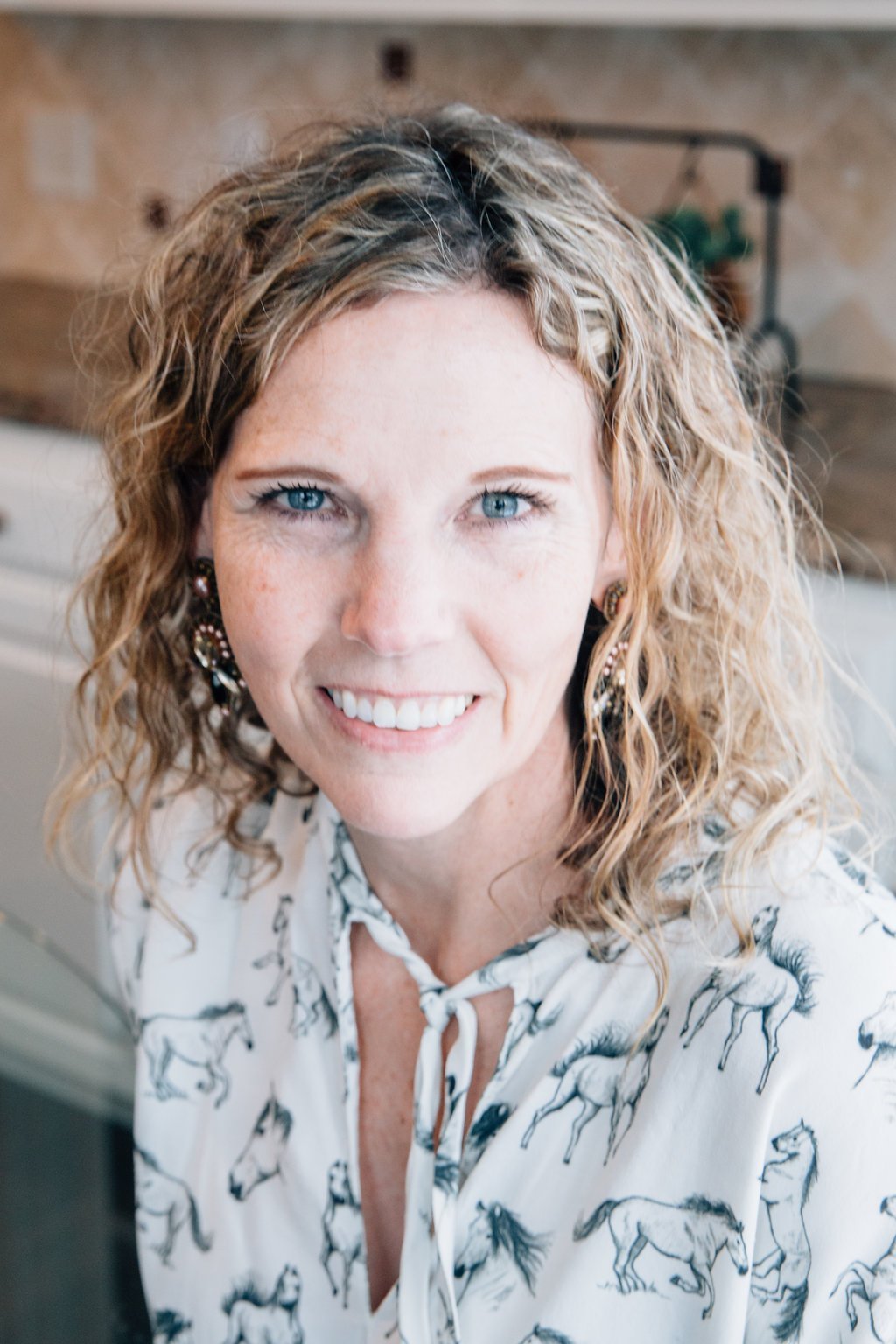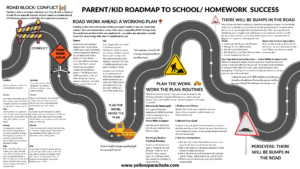Keeping a neat home is tough, and even tougher when kids are involved. It isn’t only the toys and sporting equipment that make organizing hard; it’s the emotional pull of the objects we associate with our kids. A crayon-scrawled piece of paper or decade-old sweater can derail even the most dedicated of de-clutterers.
When designing and maintaining your home, it’s important to respect your memories and attachments, and sometimes keeping a memento (or five) is the best way to do that. But more than a shrine to the past, a home should also leave space for growth and hope for the future. It’s a hard balance to strike, which is why we turned to Minneapolis-based interior designer and professional organizer Suzanne van Dyck of Storied Space Interiors.
Suzanne started her business after the birth of her first child. When she realized a stay-at-home-mom gig wasn’t for her, a business-savvy friend helped turn Suzanne’s knack for organization-with-empathy into a thriving career.
Embrace Messy Perfection
White upholstery, seagrass baskets, and reproduction antique globes are all well and good in a catalog, but the first step to a happy relationship with your home is to embrace the small messes of life.
“Those are images are fake; if someone lived in them they wouldn’t look the way they look,” says Suzanne, who helps clients reject the Pottery Barn vision of an ideal home. “Being a real person means we have limits and desires, and we’re trying to live out of those desires. We’ve been socialized to want certain things, but real people get to decide where to put their time and energy.”
While Suzanne emphasizes that it isn’t wrong to want a catalog-ready home, neatness can sometimes come at the expense of warmth. A manicured room can intimidate kids and grownups alike with its “don’t-break-anything” vibe. The alternative is to be proud of the imprints of life in your home—scratches, scuffs, not-quite-level picture frames—that give others permission to live as well. “There’s an invitation to messy perfection.”
Stop Comparing Yourself To Your Parents
“Some of us look back and see that a lot of our moms stayed home and didn’t work. Our parents’ houses and yards were amazing, there was no societal pressure to show up to all of their kids’ events. Today we put so much more pressure on ourselves.”
Instead of trying to recreate your childhood home, recognize that times have changed. Parents with full-time jobs, pets, kids, children and stepchildren shouldn’t expect themselves to go to every kid’s every soccer game, get the promotion, make dinner, do dishes and laundry, pay the bills, and read bedtime stories, all while maintaining a pristine home with a lush, improbable lawn.
Suzanne wants parents to remember that they are individual human beings with their own passions and their own limits, which is why she recommends assessing whether your home aligns with your values. Once you’ve done that, you can eliminate or outsource things that take time and energy away from what you value.
Hate shoveling that backyard ice rink every time it snows? Ask how much it gives to you and your family, compared to how much it takes away. Do you spend hours battling crabgrass and dandelions that you’d rather spend on your book club? Hire a lawn service, if you can afford it, or consider not having a lawn at all.
Get Curious About Your Belongings
After a devastating financial setback forced her own family to downsize and relocate, Suzanne learned to turn a kind and critical eye to the ways our belongings fulfill or mask emotional needs. “I sometimes ask my clients, ‘What if nothing ever changed about you or your home? How do you learn to just be okay with things as they are?’ These were questions I had to ask myself in my own personal journey. It was after losing everything that I grew to really like myself.”
It can sometimes feel like we’re ruled by our possessions—there’s so much in our homes to clean, fix, insure, upgrade, buy, and sell, that we can spend entire days wrapped in the material business of life. Part of Suzanne’s work is to help clients recognized and feel that they have control over their possessions. If you feel overwhelmed with maintaining your lifestyle, it can be useful to ask which things are serving you, and which things are forcing you to serve them.
Getting curious about the feelings and pressures that drive your desire for certain things can also help you be more mindful of what you accumulate. Do you want your kids to have the latest and coolest toys? That’s not wrong, but if it creates anxiety for your or your kids, it’s worth imagining what it would feel like to not have the latest and the coolest of everything.
Are you worried that other kids won’t want to come over? Did you feel deprived in your own childhood and are trying to protect your kids from shame? We all have histories and anxieties that affect the way we live, but being aware of them can protect us from being ruled by them.
Let Go Of Your Kids’ Stuff
Don’t be ashamed of your emotions when sorting through your kids’ (or parents’) old clothes, toys, papers and books—they’re a testament to your love for them. But if it feels like you can’t let go of anything, it might be time to examine your memories.
“You can wonder: Am I good enough? Are my memories of this child sweet and dear enough, or do I need to hold onto these objects as proof? Can I try to trust my memories to honor this person, however plenty or few they are?”
If purging your kids’ stuff tends to be a major sticking point, try keeping a bin to collect all their papers and artwork throughout the school year. A the end of the year, go through the bin together and pick out five (or three or one) each of artwork, awards, assignments, etc. When you’re done, you can organize them in plastic sleeves in a binder photo-album style.
Own Your Needs
Your family doesn’t have to buy-in to your home organization quest. The fact that it’s something you want for yourself (and that you’re the grownup) should be sufficient reason for your family to help keep shared spaces neat. Some kids (and spouses) may have an aptitude for tidying, but even if they don’t, they can make an effort to respect your needs.
For less-tidy kids who consistently have trouble cleaning up after themselves, Suzanne recommends a “One-Month” box—anything left out in a shared pace overnight gets confiscated and put into a hidden or out-of-reach box for one month.
That said, because kids, like parents, have their own interests and limits, Suzanne believes they should be able to keep their own bedrooms however they want, as painful as it might be for a neat parent. Putting adult expectations on kids can create a stressful environment for young minds and, Suzanne says, “I’ve found over the years that everything in life done in a gray area is usually more productive and fruitful.”
Tidying Is A Process
While hiring an expert like Suzanne can whip your house into shape quickly, maintaining your house (like maintaining your health) takes work. So forgive and love the messes that will inevitably arise; they’re what make your house a home.
Interested in a free consult with Suzanne? Get in touch here!







